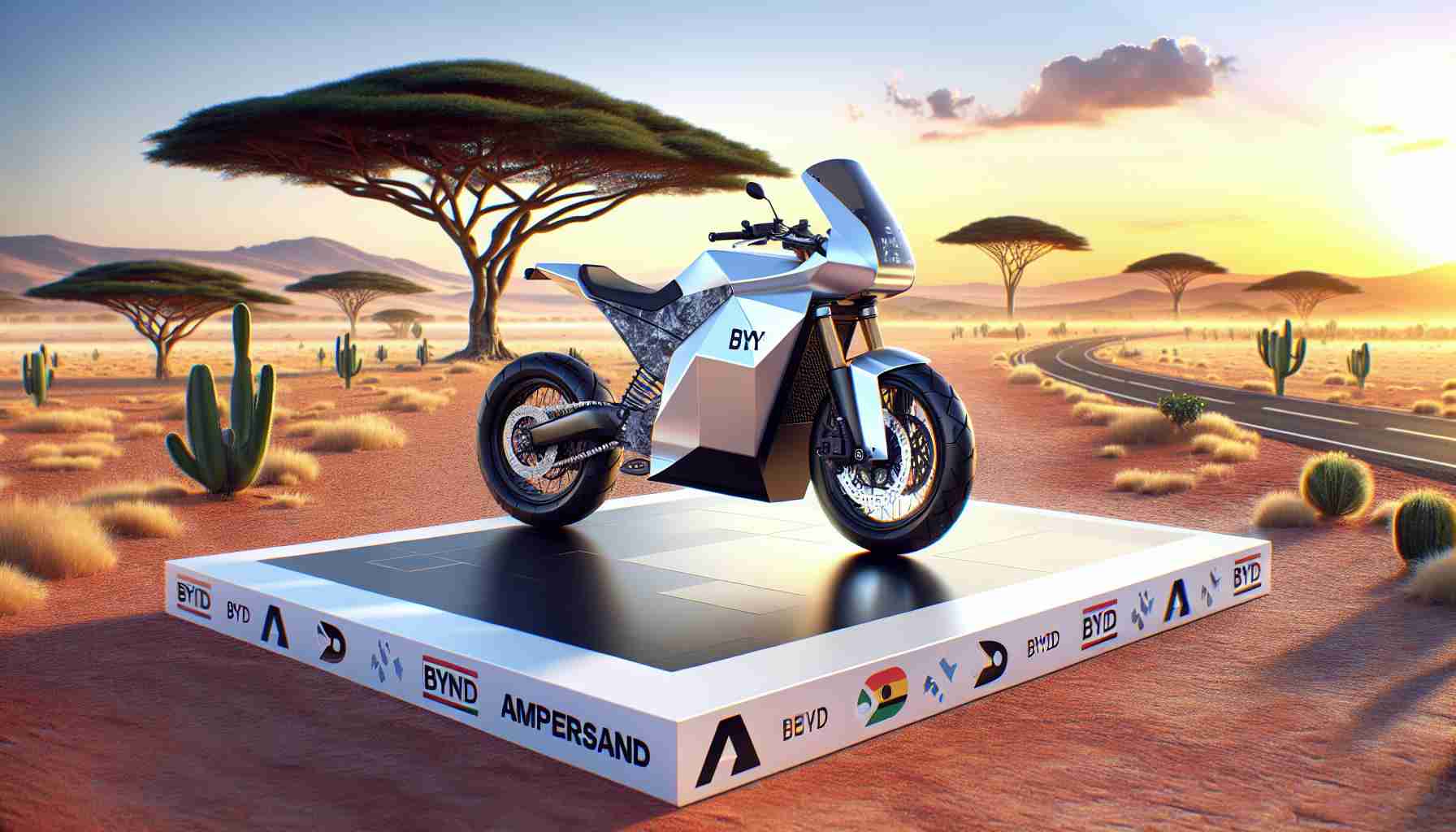Rwanda : Ampersand and BYD Join Forces to Electrify Africa’s Motorbikes

Africa’s transportation sector is set for a significant transformation as Ampersand, a leading African electric vehicle (EV) company, and BYD, a global tech giant, announced a landmark collaboration today.
This partnership focuses on decarbonizing Africa’s booming commercial motorbike industry. Ampersand will become a primary supplier for BYD’s high-tech battery cells, aiming to produce an impressive 40,000 electric motorcycles by the end of 2026. This initiative represents a major step towards electrifying a significant portion of Africa’s estimated 30 million commercial motorbikes.
Boosting Sustainability and Economic Growth
The Ampersand-BYD partnership will empower Ampersand to rapidly expand its electric motorbike fleet and charging infrastructure, already the largest in Rwanda and Kenya. This expansion will cater to the growing demand for commercial motorbikes in Africa’s expanding cities, offering a sustainable solution that fuels the continent’s economic development.
Ampersand’s CEO, Josh Whale, emphasized the significance of this agreement: “This partnership marks a major milestone for Ampersand. We are leading the charge in providing cost-effective and sustainable EV solutions for the mass market.” Highlighting the complementary strengths of both companies, Whale added, “BYD’s world-class battery technology and manufacturing scale, combined with Ampersand’s deep customer understanding, will accelerate the electrification of Africa’s commercial motorbikes.”
Ideal for Mass Adoption
BYD’s cutting-edge lithium iron phosphate (LFP) battery cells are a perfect fit for mass-market electrification due to their extended lifespan, exceptional safety record, and affordability for everyday users. Sihai Zhang, a representative from BYD, commented, “Ampersand stands out as a clear leader in Africa’s electric transportation revolution, thanks to their innovative electric motorbike technology, extensive charging network, and exceptional customer focus.” Zhang further emphasized the strategic importance of this collaboration, stating, “Electrifying Africa’s heavily used commercial motorbikes is a logical first step towards decarbonizing a vast motorcycle market across the Global South.”
Beyond Environmental Benefits
The shift towards electric two-wheelers goes beyond environmental advantages. These vehicles contribute to cleaner air quality and significant cost savings for drivers, averaging 45% annually on fuel and maintenance. This translates to improved lives and livelihoods, fostering entrepreneurship and social mobility across the continent.





